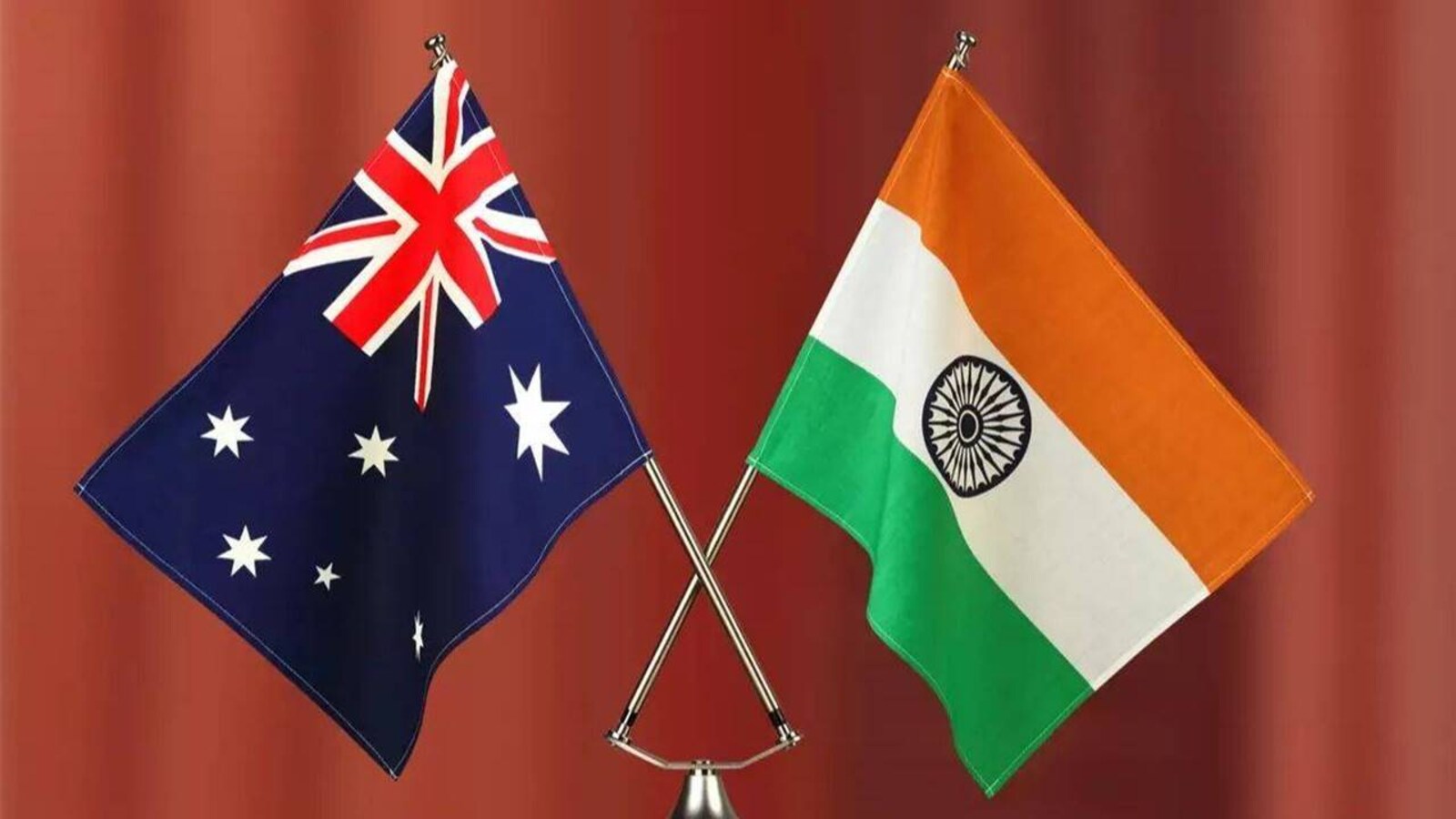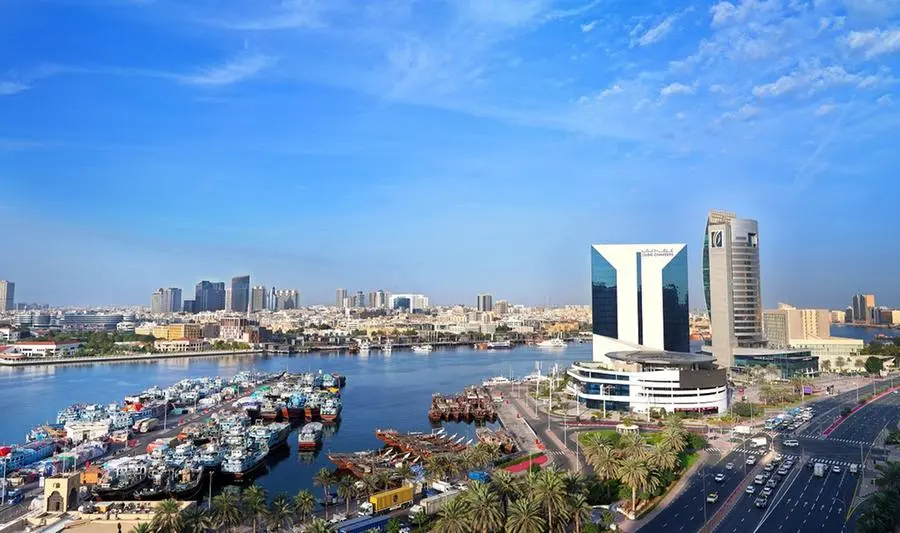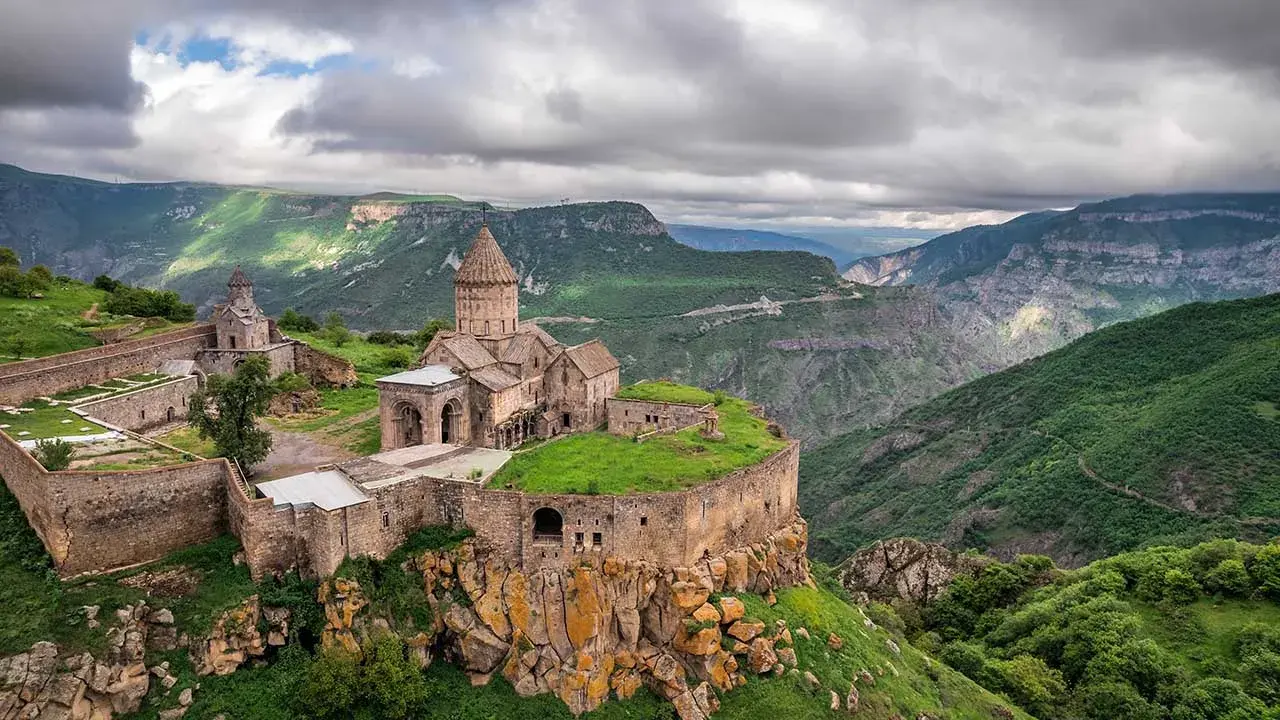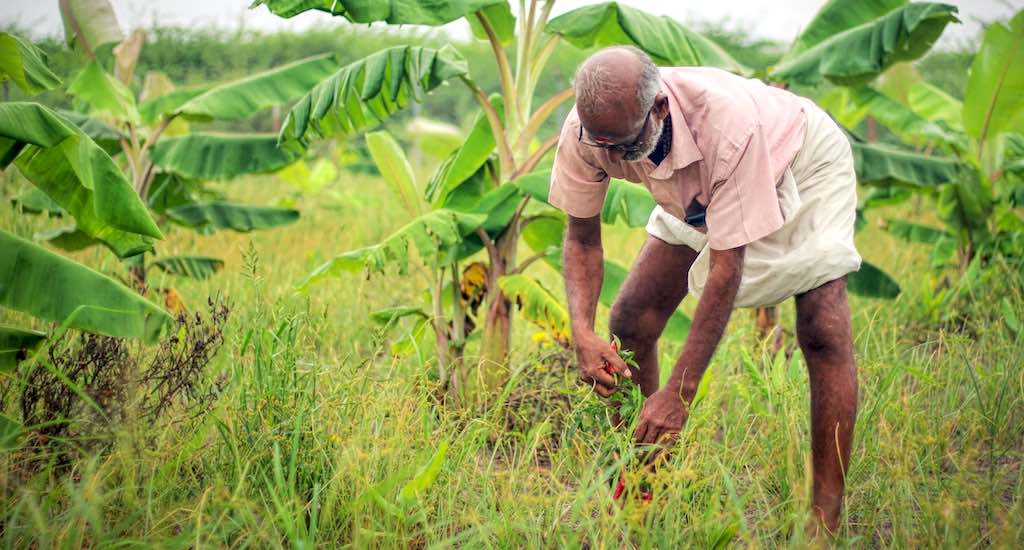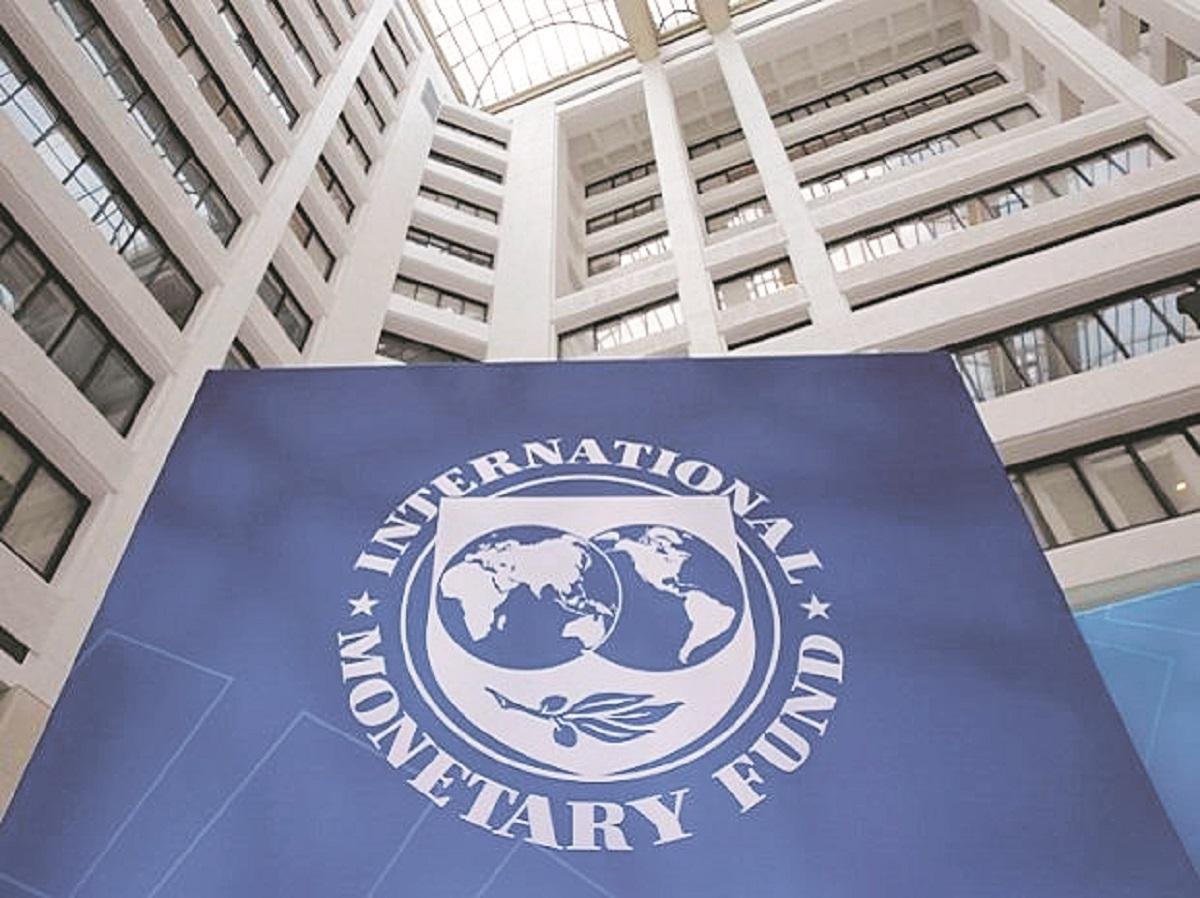These challenges are compounded by unconscious biases prevalent in Australian society
In the bustling multicultural landscape of Australia, a quiet but persistent movement is underway – one that seeks to amplify the voices of the Indian diaspora in the country’s political sphere. At its forefront are individuals like Deepak Joshi, a Melbourne resident who has dedicated himself to advocating for migrant rights and challenging systemic barriers, reported scmp.com.
Joshi’s journey reflects the broader narrative of many Indian-Australians striving for greater political representation. Inspired by concerns over discriminatory legislation and a desire to address issues affecting not only the Indian diaspora but all migrant communities, Joshi co-founded an advocacy group and even contested a seat in the Victoria state election.
However, Joshi’s efforts highlight a stark reality revealed by a recent survey in Victoria: despite being the second-largest migrant group in Australia, the Indian diaspora remains significantly underrepresented in political leadership roles. The survey found that a majority of residents were unaware of Indian leaders in politics or business, indicating systemic challenges that hinder inclusive representation.
The report quoted Surjeet Dogra Dhanji, a postdoctoral fellow studying the Indian diaspora, who emphasized that while many Indian-Australians are well-educated and proficient in English, they face obstacles in navigating political institutions and lack strong networks and resources to pursue political aspirations effectively.
As Australia navigates its multicultural identity, the quest for political representation among the Indian diaspora stands as a crucial step towards fostering a more inclusive and representative democracy
These challenges are compounded by unconscious biases prevalent in Australian society, as noted by Sukhmani Khorana, an associate professor. Despite India’s status as a trade partner, Indian-Australians often encounter perceptions that limit their access to leadership roles, reflecting a broader issue of representation for people of color in Australian politics.
Manoj Kumar, an Indian-born engineer, echoes these sentiments, highlighting the glass ceiling faced by people of color within major political parties. He advocates for greater diversity in candidate nominations to address this imbalance.
Yet, amidst these challenges, there are glimmers of progress. Individuals like Shwetali Sawant persist in their efforts to empower marginalized communities, while leaders like Zaneta Mascarenhas break barriers as the first woman of color elected to federal parliament.
As Australia navigates its multicultural identity, the quest for political representation among the Indian diaspora stands as a crucial step towards fostering a more inclusive and representative democracy. With leaders like Mascarenhas paving the way, there is hope that future generations of Indian-Australians will play a more significant role in shaping the country’s political landscape, bridging the gap between communities and advancing the ideals of diversity and equality.
***********************************************************************
Readers
These are extraordinary times. All of us have to rely on high-impact, trustworthy journalism. And this is especially true of the Indian Diaspora. Members of the Indian community overseas cannot be fed with inaccurate news.
Pravasi Samwad is a venture that has no shareholders. It is the result of an impassioned initiative of a handful of Indian journalists spread around the world. We have taken a small step forward with the pledge to provide news with accuracy, free from political and commercial influence. Our aim is to keep you, our readers, informed about developments at ‘home’ and across the world that affect you.
Please help us to keep our journalism independent and free.
In these difficult times, running a news website requires finances. While every contribution, big or small, will make a difference, we request our readers to put us in touch with advertisers worldwide. It will be a great help.
For more information: pravasisamwad00@gmail.com

